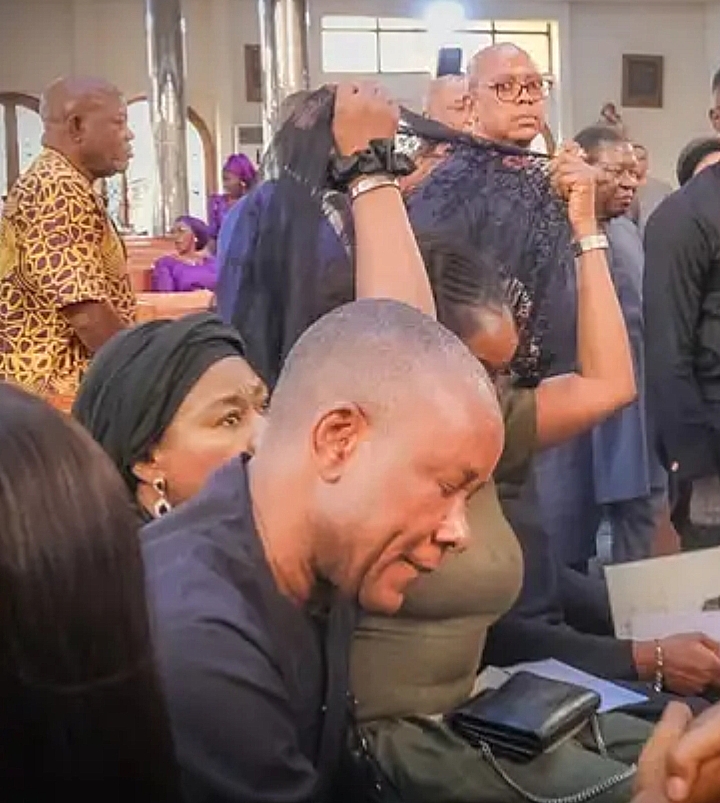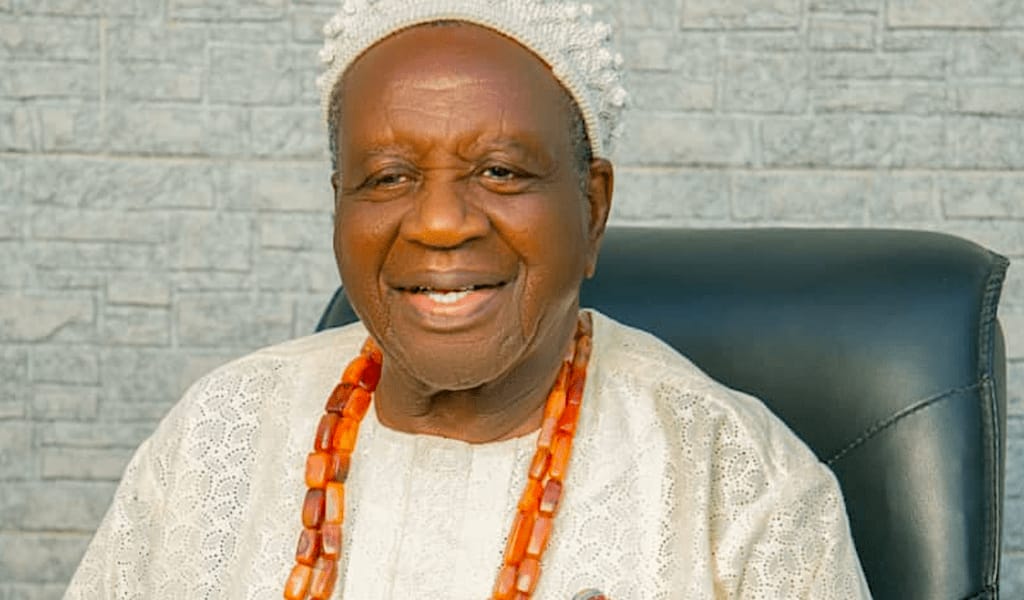AUTHOR: Effa Imoh Okim
YEAR OF PUBLICATION: 2015
PAGINATION: 136
REVIEWER: DAN AMOR

Every traditional setting or what we now know as ethnicô nationality in Nigeria had thriving traditions of literatureô and way of life before it came in contact with European orô Arabic influence. Presently, most of these traditions, likeô the traditional societies that created them, have atrophiedô or degenerated. This lamentable state of cultural alienationô is a consequence of the conquest of Nigeria by Britishô colonialism in collaboration with the Christian and Islamicô religions. The resultant devaluation of indigenous culturesô and the imposition of colonial ideological hegemony tookô over a hundred years to accomplish.
Part of this programme of cultural disorientation is theô creation of an educated elite which is credited with the
inauguration of a written tradition of literature whicô colonialist criticism erroneously takes as the genesis ofô literature in Nigeria. But every traditional Africanô society, including the Okuni or Olulumo people of the South
eastern tributary of the Lower Niger had oral literatureô prior to the invasion of our territory by the white man.
Paradoxically, Effa Imoh Okim, an Olulumo Prince who hasô enjoyed the benefit of Western education, has attempted toô document the literature, tradition and culture of his peopleô in this tiny book of about 136 pages. Like the proverbialô dry meat, the small book is full of facts on theô history, culture and tradition of the Okuni people of Crossô River State.
Okuni or the Olulumo people are part of the Ekois, a variantô of the Semi- Bantu people who migrated from Central Africaô in the 13th century to the interior coast of West Africaô when the region was said to be void. But it is generallyô believed that the Okuni people once resided at a placeô called Onughi with their other Yakurr brothers. Theirô migration from there to their present location, according toô an account by Elphinstone Dayrell (1910), was necessitatedô by the sudden discovery that some were in the act ofô exhuming the remains of their dead people for consumption.ô The Olulumo people currently live on a 128 square kilometreô of land fourteen kilometres west of Ikom on the left bank ofô the Cross River. According to the book, the typicalô occupation of the Okuni people is farming, which includesô hunting and fishing.
Like a typical African society, the Olulumo people haveô certain rules and regulations which form the standard
morality passed on from generation to generation. Some ofô these rules and regulations include: (a). Not exhibiting
open annoyance to the extent of invoking the name of theô Most High God. (b). Not rejecting food when angry. (c). Notô passing human excrement in any stream. (d). Not havingô sexual affairs in the forest. (e). Not excreting on top of aô fallen palm tree or anthill. (f). Any Olulumo hunter whoô killed Ekpe (Lion or Leopard ), Eyip ( Alligator) and Eche
(Boa or Python) must take same in full to the Okim Rodesô Palace.
The book is segmented into five unequal but distinctiveô parts, each dealing with the socio-political and cultural
inclinations of the Okuni people. Chapter One captures theô brief history of the Olulumo people: their location,ô religion(s), economic activities, farming, market structure,ô fishing, hunting, Nkani Era and Abele Iwa, Ogogoro (illicitô gin) production, palm wine (Echat) and their contact withô the white man. Chapter Two deals with the cultural historyô of the people, chieftaincy institutions, coronation ofô Chiefs, the folk lore of the people, kefin kogbor, the Mgbeô Society Institution, Nchim, the Age Grade system, etcetera.
Chapter Three encapsulates the moral code of the peopleô which includes: sustaining ethical values as panacea for
community crisis, mirror episode/ saga, etcetera. Chapterô Four which dwells so much on the people’s language and
literature, documents Olulumo words, sentences, and theirô English equivalents; common terms and usages, nouns,vocabularies, times, numbering and counting. It also recordsô proverbs, wise sayings, adages, and their meanings includingô sentences. Chapter Five immortalizes prominent sons andô daughters of Okuni both home and abroad, draws conclusionsô with references/ bibliography. The book is therefore aô highly successful scholarly venture by an Okuni son of theô soil.
Flowing from the above, Effa Imoh Okim, in this bookô challenges us to understand first the history of specific
localities, groups and communities as a departure point forô the comprehensive understanding of the comparative Africanô history, tradition and culture.
Okuni Legacy is recommended on the basis of its significanceô to the Nigerian literary tradition. My pruning of its
content makes the case for my remark above and attempts aô critical explication of its salient features. Although I
have tried in this review not to delve into comprehensiveô critical description, including information on plot,ô character, setting, motifs and themes, structure, language,ô voice, and moral, social or aesthetic vision, my candidô opinion is that despite his academic background as an Estateô Surveyor/Valuer and criminologist, the author maintains hisô thematic focus from start to finish. Again, Effa Imoh Okimô should be commended for his clear farsightedness, eclecticô language and vintage prose. Critical theories and culturalô generalizations have been kept at bay in this work.
However,ô the work is related to the author’s canon, history andô culture. Like Achebe’s legendary Things Fall Apart, Okuniô Legacy is not just a legacy for the Olulumo people but alsoô for the entire black race whose tradition was grossly abusedô by foreign invaders and their religions. It is a remarkableô effort.
ô Amor is an Abuja-based literary critic and journalist.












Wow! This is a must read. Please find a way to share this book with the west. This is definitely an eye opener. Thank you for producing an epic piece for sons and daughters of this great land to have an insight to where we migrated from and the rich culture that is almost disappearing due to western invasion, and for the world in general to learn from. Highly recommended. Thank you
Waooo Effa I will like to have one
Please where can one get this book is interesting knowing my culture
So timely, where can I get a copy of it, booklet or pdf download link. Sama, Omalor-owum
The author can be reached on 08037872034.
I am so proud of you. Despite your very busy schedule of work within a polarized society where western ideology, and culture has become a status symbol.
Your bold attempt at redefining the norm and tell the story of your community, is overwhelming.
Please keep up the good job, you have craft out a place in history for both you and your children.
Well done! My brother
Bassey .N.Obaji
Just getting to see this. Really good job brother. Okuni deserves the exposure and I commend your efforts.
This is great.
I first heard of Okuni people in 1995.
But I never knew were related to the Yakurr people or that their other name is Olulumo.
I am also just knowing that Yakurr is also known as YakûÑ or Yakaa.
It’s a good one I commend your efforts meanwhile how can one get a copy
Wow am happy I saw this history more effort one day I believe okuni will come out of limelight amen (sama omalor)
Thank you omalor for this brief. I most say, you’re so amazing ????. Everything enlisted is so accurate. We the nobles sons and daughters of okuni will continue to appreciate your effort.( Sama )
This is undoubtedly one of the most detailed effort on the subject of the Olulumo people. If we do not take pride in our own heritage and announce it, no one else will. Well done!